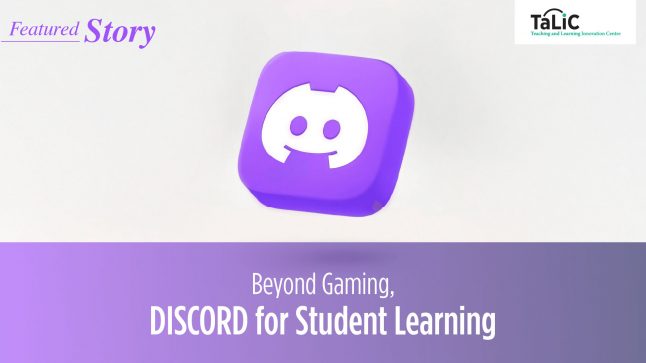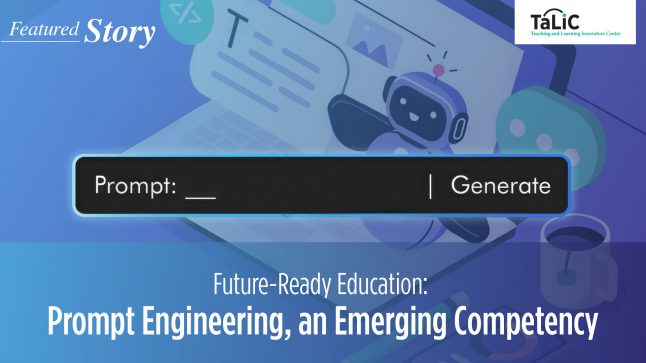
A renewed E-learning Strategy is now available to guide Faculties and Departments in judiciously setting priorities, experimenting with ideas, and formulating action plans for e-learning.
In response to the 2011 Senate recommendation that an institutional review be conducted on our E-learning Strategy at a three-yearly interval, as well as to acknowledge the rapid changes in the landscape of higher education within and beyond the University, an E-learning Review Group was constituted in January 2015 to put forward an enhanced strategy with the input from Faculties, The Hong Kong University Students’ Union and the Postgraduate Student Association. The Senate endorsed the Review Group’s submission in July.
With the support from Senate, we are now ready to go ahead with the implementation. Please check back this blog often to learn more about projects that we are doing, as well as the types of support that are made available to you.











